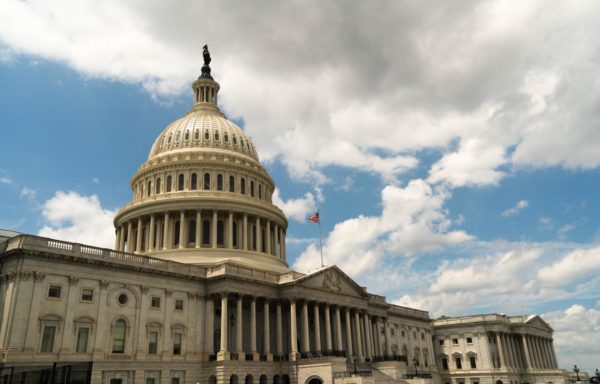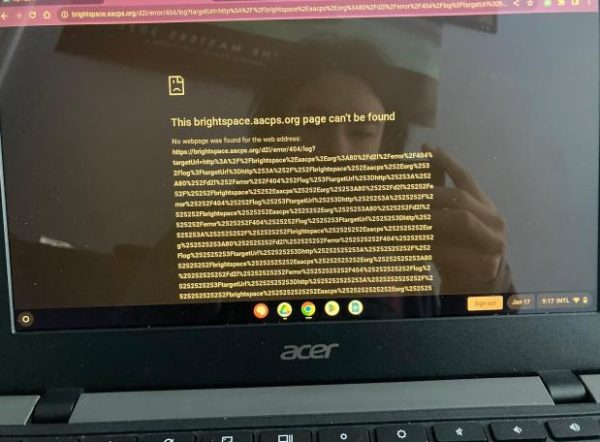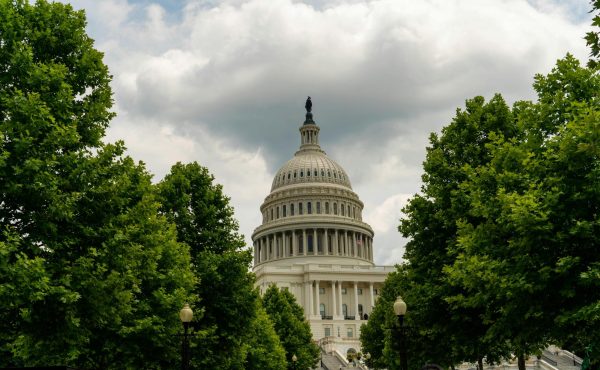The Forgotten Pieces of American History
December 22, 2022
“I have almost reached the regrettable conclusion that the Negro’s great stumbling block in his stride toward freedom is not the White Citizen’s Counciler or the Ku Klux Klanner, but the white moderate, who is more devoted to “order” than to justice; who prefers a negative peace which is the absence of tension to a positive peace which is the presence of justice”
This sentiment wouldn’t be too out of place if written today, especially after the worldwide summer protests in 2020 in response to the murder of George Floyd. And yet, this was written by one of America’s most well known activists: Martin Luther King Jr.
Now some students may have read MLK’s Letter from a Birmingham Jail directly, as we have here in Crofton. But many—both old and young—aren’t as fortunate. In fact, ask most people, and they’ll likely remember him as a complete pacifist, where his simple persistence and respectable nature was enough. That is far from the truth. Asking nicely will bring no change in a society where two thirds of the country despise you; in order to bring change one must bend a few rules. King repeatedly lambasted moderates who impeded progress by telling activists to wait, called riots a ‘language of the unheard’, and said that capitalism was built off of the exploitation of enslaved people and the poor alike. Not to say that he was a violent warmonger. He still did advocate for non-violent protest and action. But to say that King was a passive man is simply baseless.
Martin Luther King is far from the only person who has been misrepresented in American history. Although in recent years this has become more apparent, the history of the Native American nations is still often clipped down. Most often, that segment of American history is skimmed over, with little mention of countless indigenous leaders and events. That incomplete puzzle also extends to their treatment both today and in the past, with the reservations and constant betrayal of treaties barely being a blip in the history books, despite how influential that time was for America.
If all of America’s misrepresented figures, organizations, and movements were listed here, this article would seem to never end. It would be irresponsible of me to make it seem like America should be taught to be wholly rotten and evil, with no chance of redemption. But in order for everyone to truly love and understand this country, a more honest approach is needed, acknowledging all of American history. Otherwise, without knowing it, we confine ourselves to the status quo, leaving no room for growth, and condemning ourselves to letting past mistakes repeat and fester.









Dave Tooke • Dec 23, 2022 at 12:27 pm
You are right on the money about our country. David Tooke